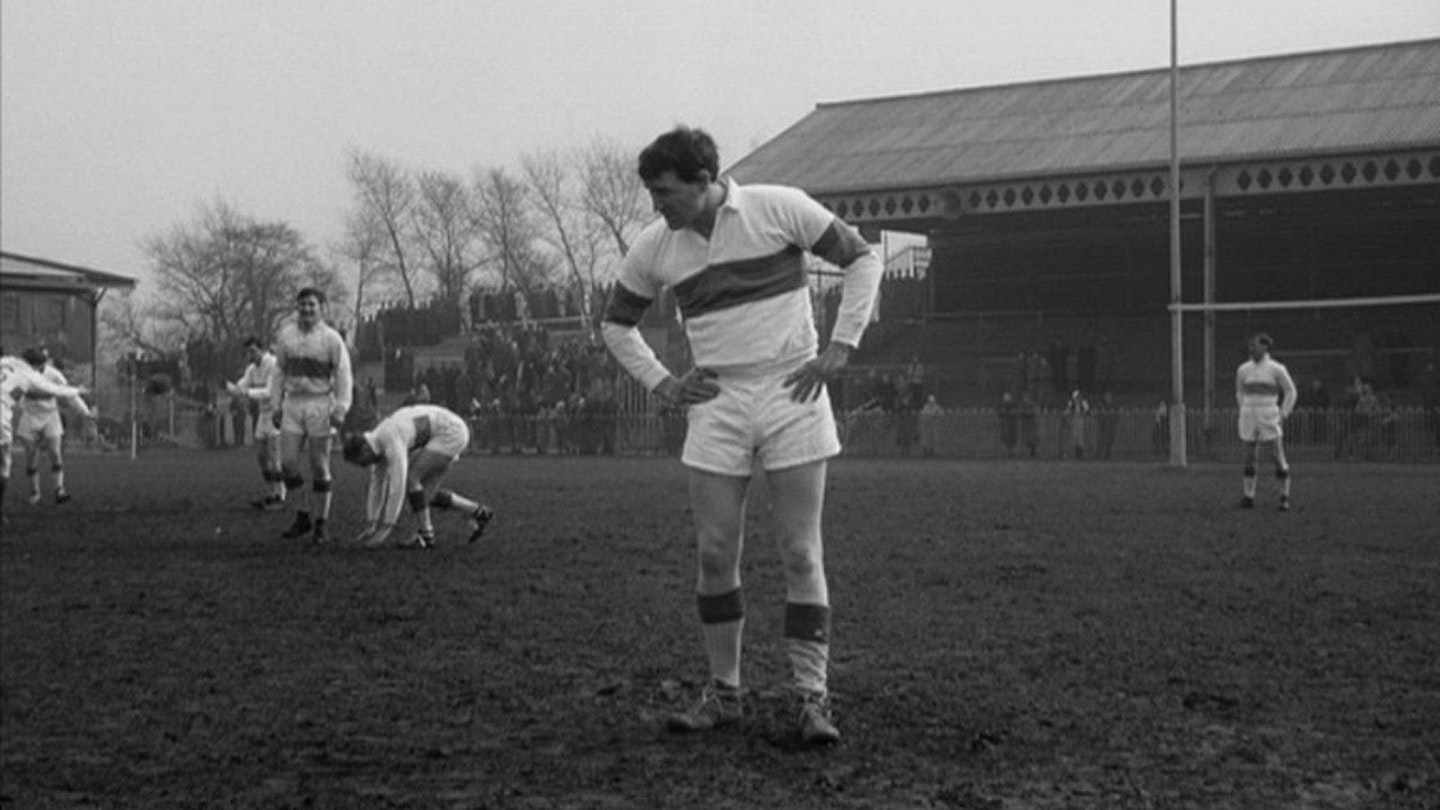Lindsay Anderson was the first of the Free Cinema pioneers to taste success, winning an Oscar for the documentary short, Thursday's Child, in 1955. However, he was also the last to move into features and the `grim oop north' phase of British filmmaking was coming to a close when he released this adaptation of David Storey's acclaimed novel.
Slower, longer and less forgiving than its predecessors, it failed to find an audience with a public then reveling in the first throes of Beatlemania and looking to invest its hopes in witty, well-groomed working-class heroes rather than self-obsessed angry young men.
The critics were more positive, however, with some even claiming this as the best picture that Britain had ever produced. But it now enjoys something of a mixed reputation, with those who applaud its actorly intensity, psychological power and auteurish integrity being countered by others who lament its impersonality, uncertain sense of place and self-conscious striving for significance.
If the nouvelle vague-inspired flashback opening now seems the most outdated aspect of the film, then Anderson's limp grasp of his sporting context is the least credible and not even Richard Harris's passion for rugby could disguise the over-deliberation of the action sequences, in which he exhibits the thuggish tendencies of the `great ape' that he finally realises himself to be after Margaret's brain haemorrhage.
Indeed, the entire sporting scenario seems strained, as Anderson never fully resolves the issues involving either Johnson, the gay scout or the disdainfully exploitative Weaver and, thus, the club setting always feels like a contrivance designed to prove that macho men would be incapable of understanding or expressing their emotions whether they were in a dead-end job or feted as a titan.
The leads prove equally problematic as, while Harris won the Best Actor prize at Cannes and both he and Rachel Roberts landed Oscar nominations, it's always obvious that they're giving a performance. Moreover, because they were so well matched, it's hard to believe in the inarticulateness and immaturity that ultimately dooms their relationship. Yet such shortcomings only reinforce this flawed film's elemental fascination.
